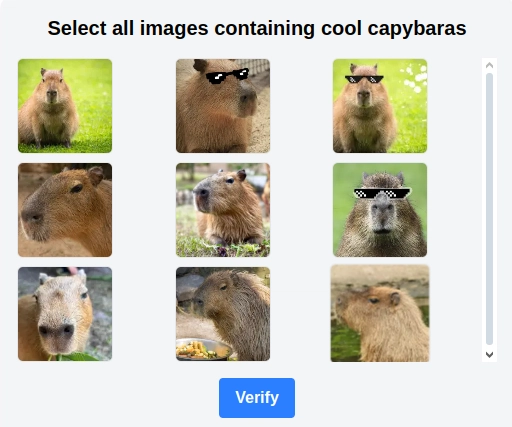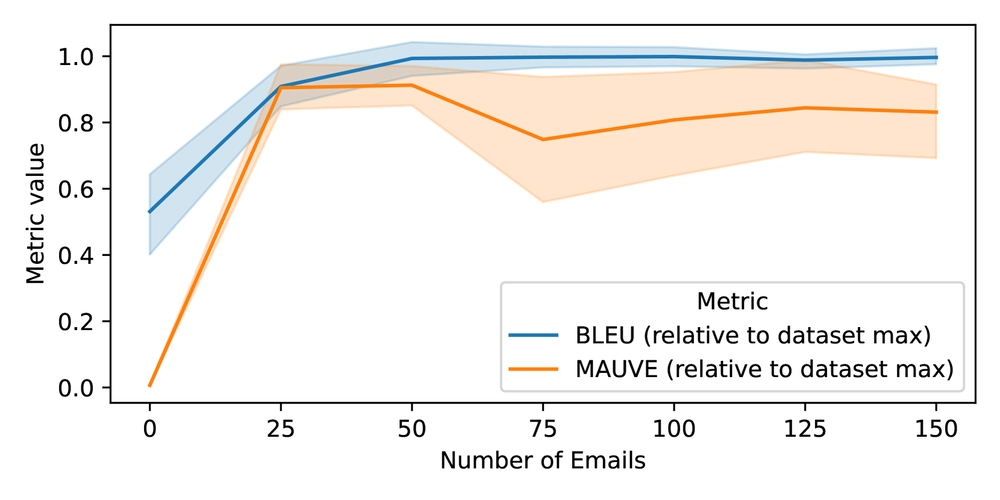Open Cart Setup in docker using Postgres as database
OpenCart Docker Setup Guide This guide will help you set up OpenCart using Docker and Docker Compose. Prerequisites Docker installed on your system Docker Compose installed on your system Basic understanding of Docker concepts Setup Instructions Create a new directory for your OpenCart project mkdir opencart-docker cd opencart-docker Save the docker-compose.yml file Create a file named docker-compose.yml and paste the content from the Docker Compose configuration provided. Customize environment variables (Optional) Before running the containers, you might want to modify the environment variables in the docker-compose.yml file: OPENCART_HOST: Set to your domain name or IP address if deploying to production OPENCART_USERNAME: Admin username OPENCART_PASSWORD: Admin password OPENCART_EMAIL: Admin email MARIADB_USER: Database username MARIADB_PASSWORD: Database password Start the containers docker-compose up -d The -d flag runs the containers in the background (detached mode). Wait for initialization It may take a minute or two for OpenCart to fully initialize. You can check the logs with: docker-compose logs -f opencart Access OpenCart Frontend: http://localhost:8080 Admin panel: http://localhost:8080/admin Login with the username and password you set in the environment variables Volume Information The setup uses Docker volumes to persist data: opencart_data: Stores OpenCart files and configurations postgres_data: Stores the PostgreSQL database files Managing Your OpenCart Installation Stopping the containers docker-compose down Stopping and removing volumes (will erase all data) docker-compose down -v Updating to a newer version Pull the latest images: docker-compose pull Restart the containers: docker-compose down docker-compose up -d Security Considerations for Production For a production environment, consider: Using secure passwords: Change all default passwords in the docker-compose.yml file Setting up HTTPS: Either through a reverse proxy or by configuring the SSL settings Regular backups: Set up a backup strategy for your volumes Network isolation: Customize the network configuration for better security Troubleshooting Database connection issues If OpenCart cannot connect to the database, ensure: The MariaDB container is running (docker-compose ps) The environment variables are correctly set The network is properly configured Permission issues If you encounter permission issues with the volumes: docker-compose down sudo chown -R 1001:1001 ./path/to/your/volumes docker-compose up -d Logs Check the logs for any issues: docker-compose logs opencart docker-compose logs postgres
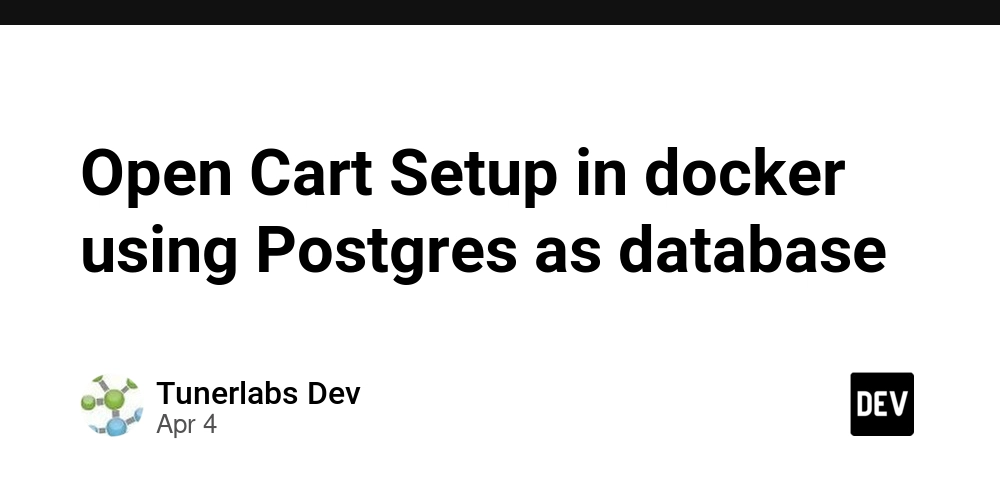
OpenCart Docker Setup Guide
This guide will help you set up OpenCart using Docker and Docker Compose.
Prerequisites
- Docker installed on your system
- Docker Compose installed on your system
- Basic understanding of Docker concepts
Setup Instructions
- Create a new directory for your OpenCart project
mkdir opencart-docker
cd opencart-docker
- Save the docker-compose.yml file
Create a file named docker-compose.yml and paste the content from the Docker Compose configuration provided.
- Customize environment variables (Optional)
Before running the containers, you might want to modify the environment variables in the docker-compose.yml file:
-
OPENCART_HOST: Set to your domain name or IP address if deploying to production -
OPENCART_USERNAME: Admin username -
OPENCART_PASSWORD: Admin password -
OPENCART_EMAIL: Admin email -
MARIADB_USER: Database username -
MARIADB_PASSWORD: Database password
- Start the containers
docker-compose up -d
The -d flag runs the containers in the background (detached mode).
- Wait for initialization
It may take a minute or two for OpenCart to fully initialize. You can check the logs with:
docker-compose logs -f opencart
- Access OpenCart
- Frontend: http://localhost:8080
- Admin panel: http://localhost:8080/admin
- Login with the username and password you set in the environment variables
Volume Information
The setup uses Docker volumes to persist data:
-
opencart_data: Stores OpenCart files and configurations -
postgres_data: Stores the PostgreSQL database files
Managing Your OpenCart Installation
Stopping the containers
docker-compose down
Stopping and removing volumes (will erase all data)
docker-compose down -v
Updating to a newer version
- Pull the latest images:
docker-compose pull
- Restart the containers:
docker-compose down
docker-compose up -d
Security Considerations for Production
For a production environment, consider:
- Using secure passwords: Change all default passwords in the docker-compose.yml file
- Setting up HTTPS: Either through a reverse proxy or by configuring the SSL settings
- Regular backups: Set up a backup strategy for your volumes
- Network isolation: Customize the network configuration for better security
Troubleshooting
Database connection issues
If OpenCart cannot connect to the database, ensure:
- The MariaDB container is running (
docker-compose ps) - The environment variables are correctly set
- The network is properly configured
Permission issues
If you encounter permission issues with the volumes:
docker-compose down
sudo chown -R 1001:1001 ./path/to/your/volumes
docker-compose up -d
Logs
Check the logs for any issues:
docker-compose logs opencart
docker-compose logs postgres











































































































































































![[The AI Show Episode 142]: ChatGPT’s New Image Generator, Studio Ghibli Craze and Backlash, Gemini 2.5, OpenAI Academy, 4o Updates, Vibe Marketing & xAI Acquires X](https://www.marketingaiinstitute.com/hubfs/ep%20142%20cover.png)
















































































































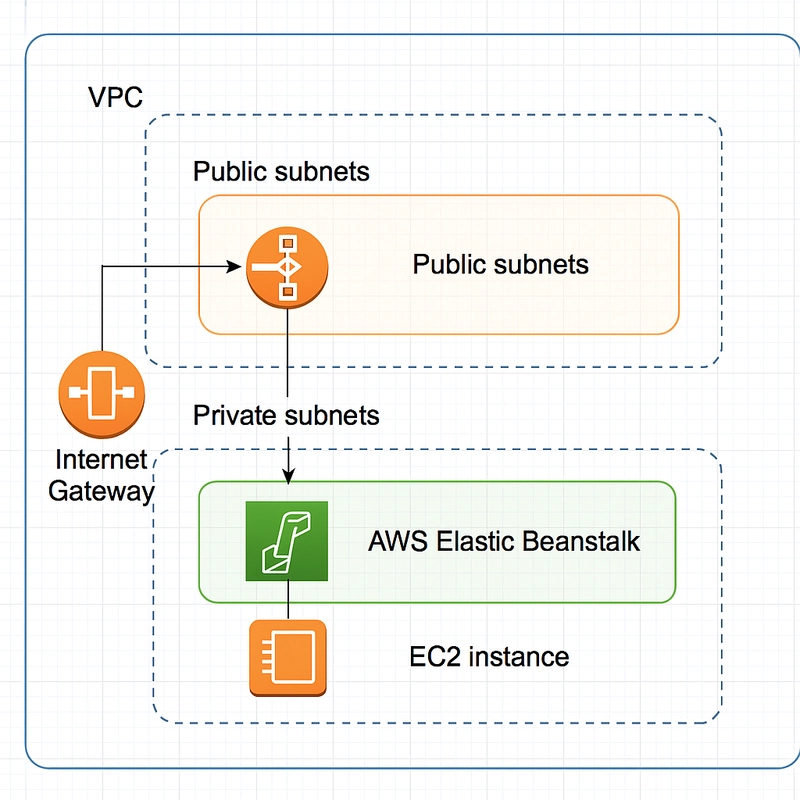
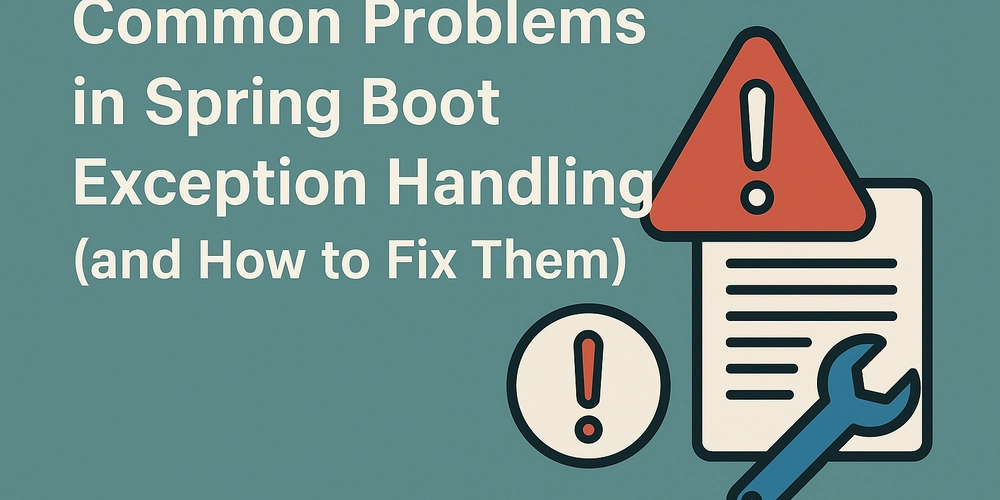










![[DEALS] The Premium Learn to Code Certification Bundle (97% off) & Other Deals Up To 98% Off – Offers End Soon!](https://www.javacodegeeks.com/wp-content/uploads/2012/12/jcg-logo.jpg)


![From drop-out to software architect with Jason Lengstorf [Podcast #167]](https://cdn.hashnode.com/res/hashnode/image/upload/v1743796461357/f3d19cd7-e6f5-4d7c-8bfc-eb974bc8da68.png?#)








































































































.png?#)

































_Christophe_Coat_Alamy.jpg?#)
 (1).webp?#)





































































































![Apple Considers Delaying Smart Home Hub Until 2026 [Gurman]](https://www.iclarified.com/images/news/96946/96946/96946-640.jpg)
![iPhone 17 Pro Won't Feature Two-Toned Back [Gurman]](https://www.iclarified.com/images/news/96944/96944/96944-640.jpg)
![Tariffs Threaten Apple's $999 iPhone Price Point in the U.S. [Gurman]](https://www.iclarified.com/images/news/96943/96943/96943-640.jpg)


































































































































